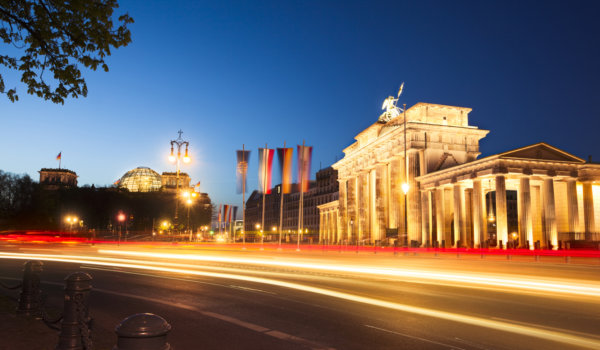
In recent weeks, events in Saudi Arabia have sent news tickers into overdrive, with an unprecedented series of arrests by the new anti-corruption committee.
The arrests may have been unexpected, but they are the latest moves in an all-encompassing drive towards reform, spearheaded by Crown Prince Mohammed bin Salman. He recently said his economic modernisation plans would go hand-in-hand with political reforms.
For anyone who has been been watching, dramatic developments have been taking place in the world of investment in the form of the Vision 2030 modernisation programme, aimed at realising the dream of moving towards a Saudi Arabia that is no longer dependent on oil revenues within 20 years.
And the most recent headline-grabbing manifestation of that programme was the recent Davos in the Desert conference, which attracted more than 3,500 business leaders and government officials.
It saw the announcement of a new $500bn city to be created on the Red Sea coast, along with plans for the world’s largest renewable energy scheme.
OCO Global has been working closely with the Saudi government’s national economic development agency SAGIA to drive forward Vision 2030, by developing key FDI strategy, building out capabilities, developing marketing, generating leads to target investors into the region and developing inward and outward outreach programmes.
We see Saudi Arabia as an extremely powerful and influential economy with a significant internal market and a youthful, educated and affluent population, and Vision 2030 is designed to harness and engage this unique demographic by bringing new investment, innovation and technology to the Kingdom to build a sustainable and resilient economy.
But there is no denying that this ambitious plans will mean breaking up some established monopolies, improving the regulatory environment and levelling the playing field to attract new foreign and local capital.
The State recognises that it is too heavily involved in funding and delivering public services and is drawing on the example of efficient and cost-effective private/public models being used elsewhere in the world which could be adapted in areas such as healthcare, education and transportation.
Other sectors such as tourism, sport, entertainment are underdeveloped, and Vision 2030 aims to adapt and update rules and regulation in areas such as visas, licensing and personal mobility.
Any country that has been through privatisation or liberalisation programmes – such as the UK under Thatcher or the breakup of the Soviet Union – will recognise the magnitude and complexity of what is being attempted, and it’s inevitable that such a modernisation programme will have its detractors.
One danger for the Kingdom’s ambitious plans is that some ‘refuseniks’ may seek to obstruct or sabotage Vision 2030, much as the powerful unions did in the UK in the 1980s, or the oligarchs who sought to shore up their monopolies in Eastern Europe, even though all the analysis would suggest that the Kingdom has limited choice or time to do anything but embrace the transformation agenda.
But the response from all of the major multinationals we have approached so far about the opportunities to expand their operations in the region or engage in new projects is overwhelmingly positive.
And because Saudi is a young country, an early adopter of technology and innovation and can afford it, it has the opportunity to leapfrog other economies where the ways of doing things are much more entrenched.



